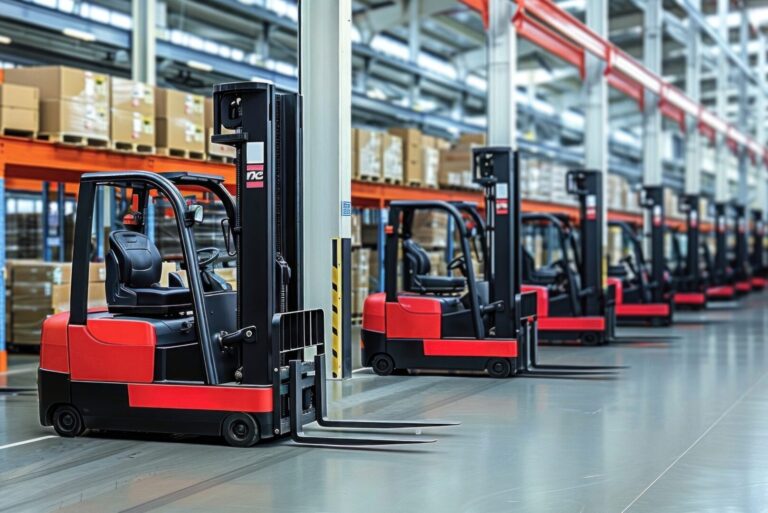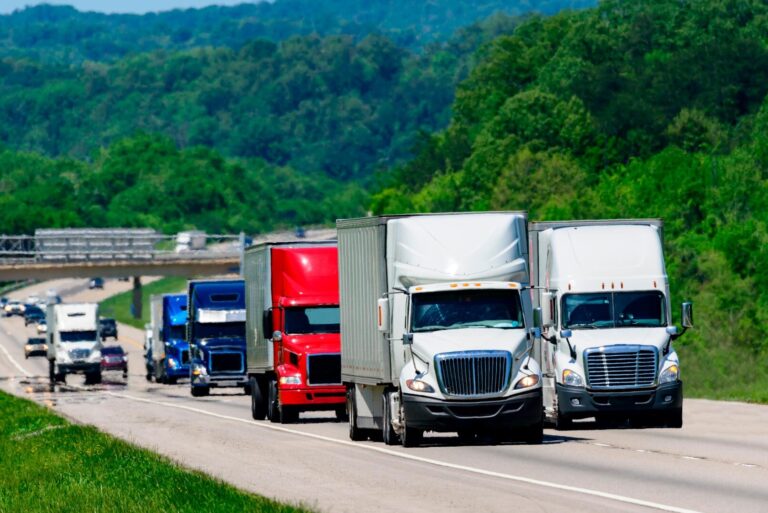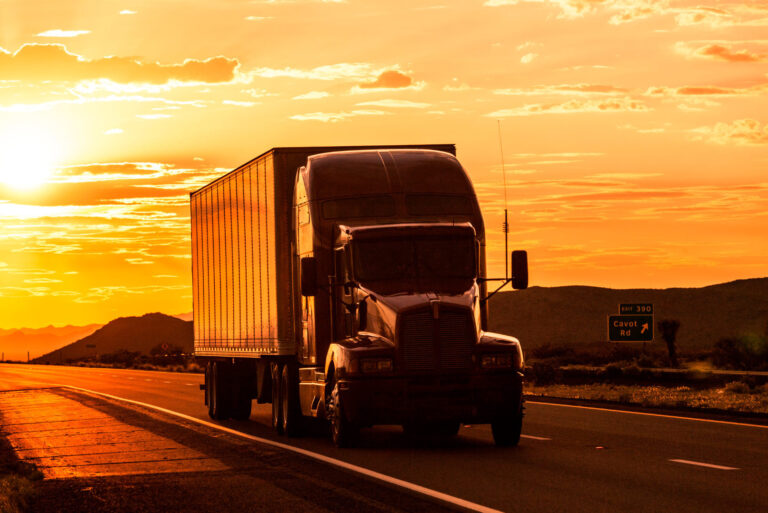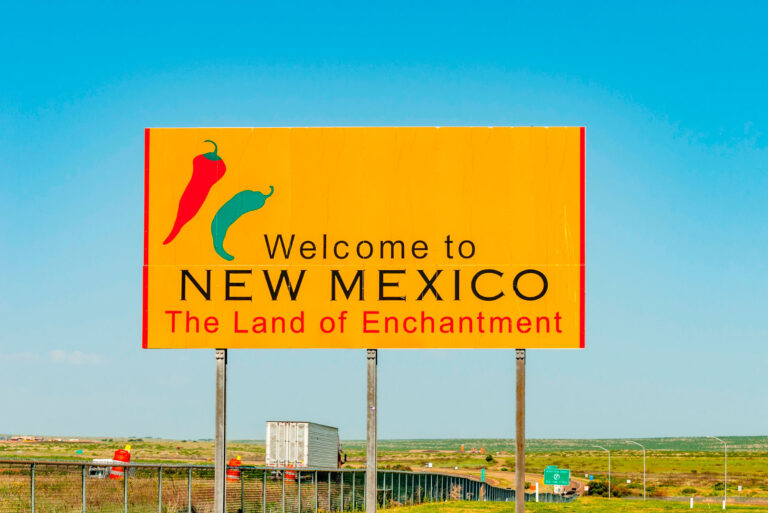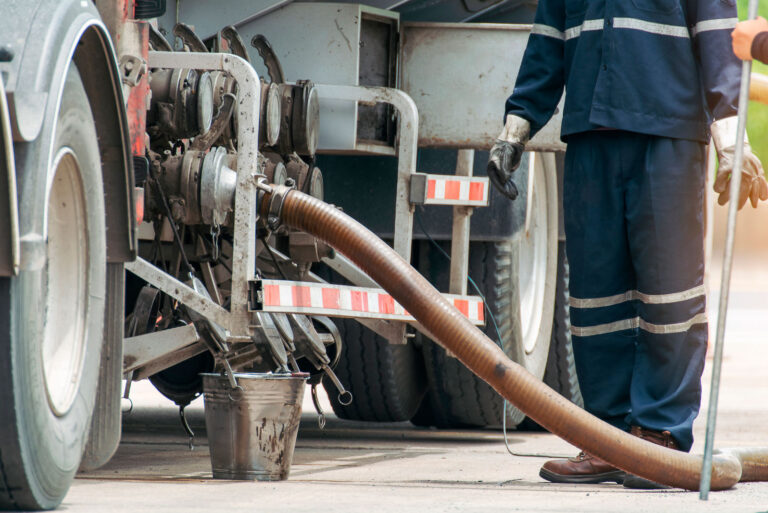One Year of the Clean Fuel Standard: Impacts of Washington’s CFS
June 11, 2024
Since the implementation of the Clean Fuel Standard on January 1, 2023, Washington State has seen a steady increase in the availability of clean fuels and financial benefits to fleet owners.
This article assesses how the Washington Clean Fuel Standard has impacted fleet owners and the fuel pool in its first year of installment.
What is the Clean Fuel Standard?
The Washington Clean Fuel Standard (CFS) is a regulatory program that allows owners of electric and alternative fuel vehicles to earn credits for their reduced emissions while requiring fuel producers to gradually lower the carbon intensity of their fuels.
Learn more about the Clean Fuel Standard: Washington Clean Fuel Standard: Fleet Owner's Guide

Impacts of the Clean Fuel Standard
The widespread effects of the CFS are still in development after the first year of its implementation. However, the program has proven to diversify the state’s fuel pool and provide financial opportunities to fleet owners that ease the transition to low carbon fuels.
Broadening the Fuel Pool
By the beginning of Q4 of 2023, the CFS had successfully encouraged the adoption of several low carbon fuels, primarily:
- Biodiesel
- Electricity
- Ethanol
- Renewable Diesel
According to a report released by the Washington Department of Ecology in March 2024, ethanol was the most prominently used fuel, generating approximately 155,000 credits in Q3. Renewable diesel was close behind, with approximately 135,000 credits generated in Q3—more than tripling its usage since the beginning of the year.
Electricity as a fuel was far less prominent with 45,000 credits generated; however, it saw a steady increase over the course of 2023, and can be expected to increase in the coming years.
As the usage of these fuels grows, the CFS is also improving transportation infrastructure across Washington through state-funded investments. These projects are working to improve access to EV charging stations and hydrogen fueling stations in remote areas. This will increase the viability of long-distance travel for low carbon vehicles, specifically for commercial vehicles.
Offering Financial Benefits to Fleet Owners
While the adoption of these fuels is growing, many fleet owners worry about the financial burden of switching to electric. However, the CFS offers substantial financial assistance to fleet owners who make the switch.
Fleet owners who enroll in the CFS are able to generate ongoing financial incentives through the use of their EVs. In Q3 of 2023, almost 400,000 credits were generated under this program. This was a steady increase since Q1, and can be expected to increase in the coming years. These credits are sold to fuel providers, offering fleet owners additional revenue through the use of their EVs. Many fleet owners note a significant return on their investment through credits alone that help offset the upfront costs of their EVs.
Smart Charging Technologies (SCT) specializes in helping fleet operators navigate the complexities of the CFS and maximize their earnings from CFS credits. By partnering with SCT, fleet owners can sell their credits in bulk for the highest price without having to worry about reporting requirements. Learn more about how you can partner with SCT to take advantage of the Washington CFS program.
While it may be some time before Washington sees the widespread benefits of the CFS, Washington State is on the path to greater opportunities for EV fleet owners and electric vehicles. Learn more about the long-term impacts of energy rebate programs and know what to expect in the coming years as the CFS progresses: Analyzing the Long-Term Effects of the Low Carbon Fuel Standard
Related Posts


